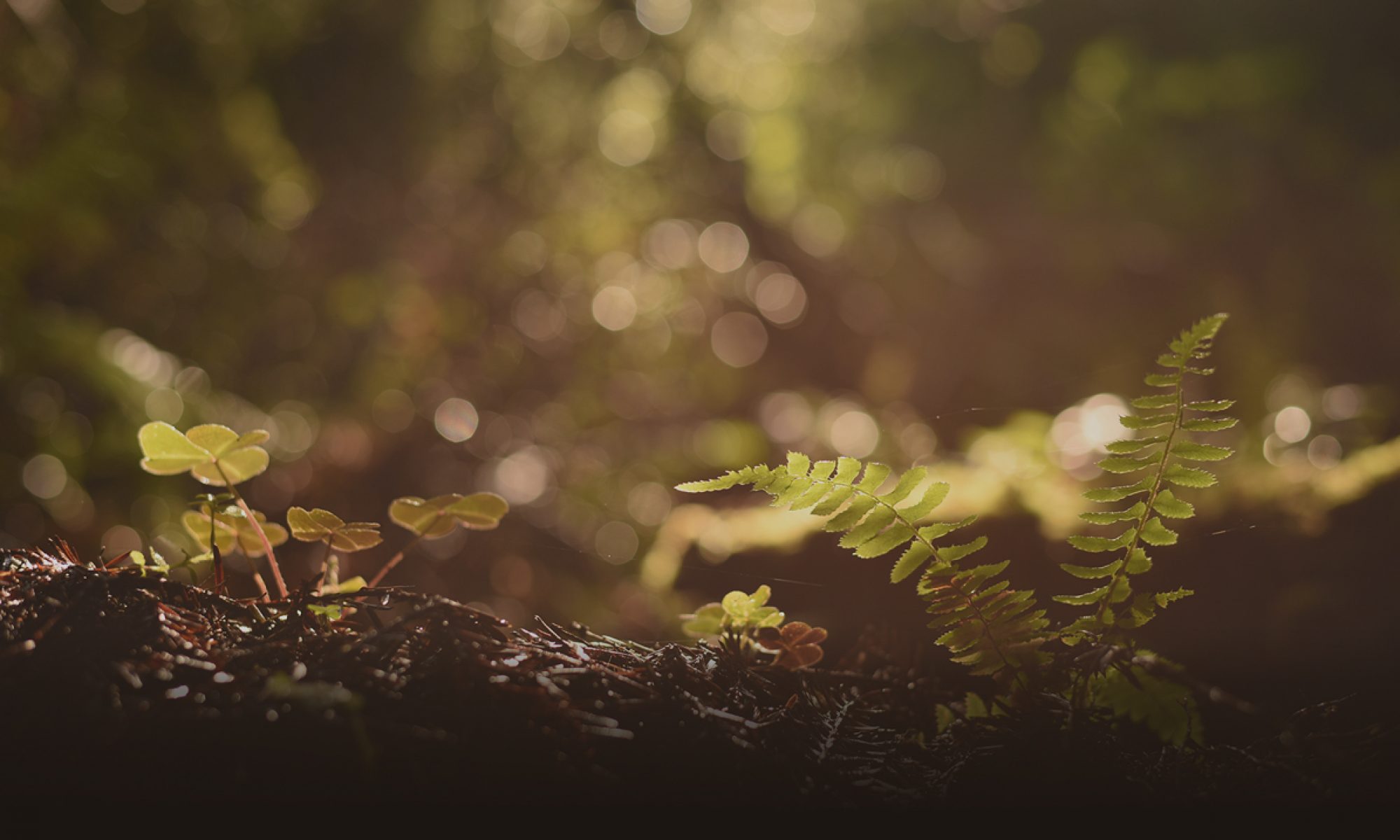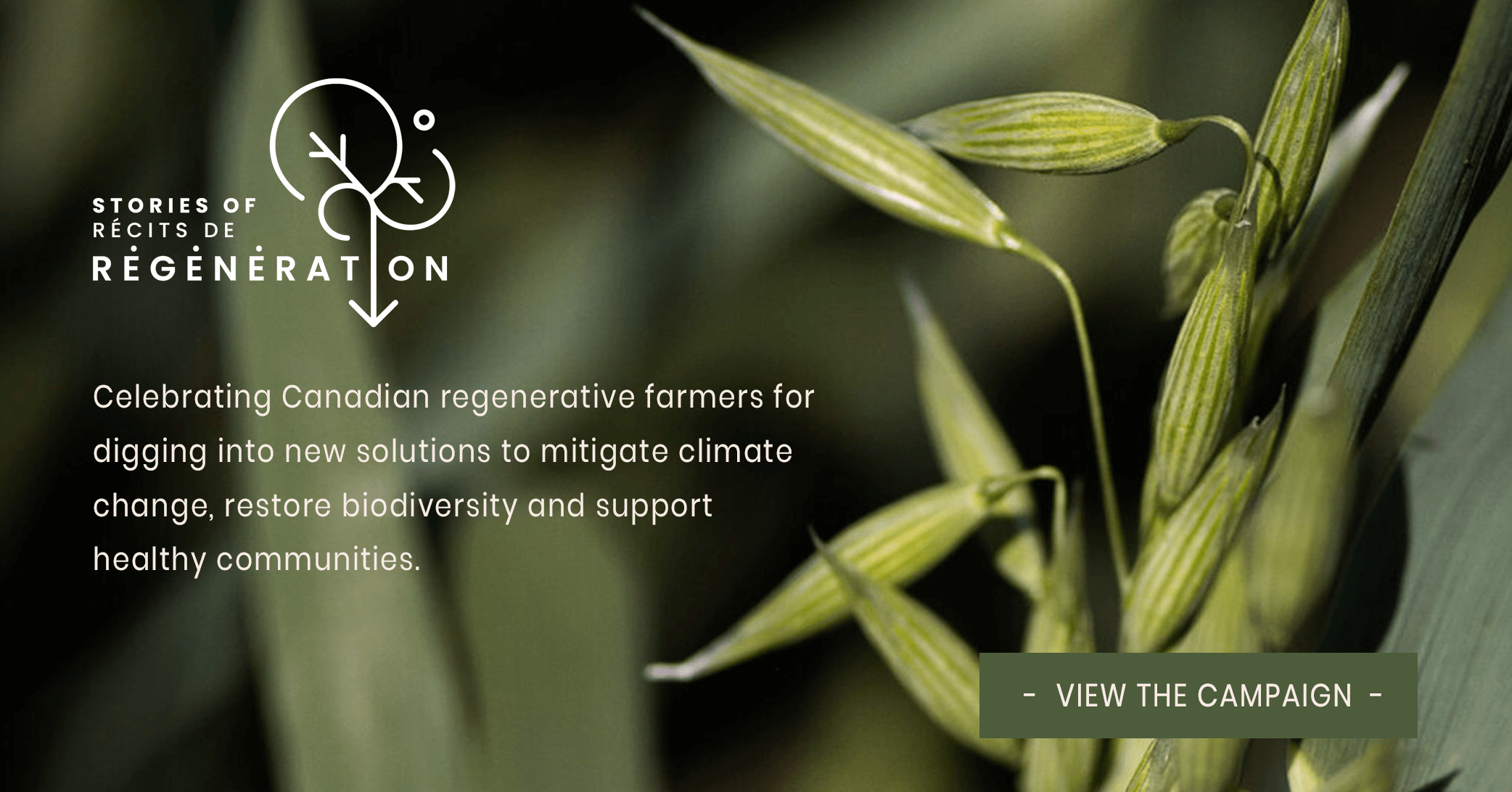We all know that in the present ecological crisis our societies are going to have to change in a big way and that is going to take big behavioural changes by both individuals and businesses. Only then will we avoid the worst scenario, a sixth mass extinction. Beehives and the flora around them need a diversity of pollen and nectar for optimal health and productivity. The common practice of feeding and stimulating colonies with industrial sugar instead of pollen cannot provide the medicinal properties and broad spectrum nutrients which come from the dozens of plants species normally visited by bees. Can pollen substitute pollinate flowers ? « All remedies are in the flowers and all flowers are in the honey ». Honeybees lacto-ferment pollen, rendering amino acids bio-available. We keep bees and it is our responsibility to insure that the exchange with the hives is fair, that it is good for the bee and good for the beekeeper.
Agricultural production methods have impacts on the survival of bees. With the expansion of new generations of pesticides, hive loss rates have multiplied. Rivers are loaded with substances known to be neurotoxic, endocrine disruptors and carcinogens. Sugarcane cultivation uses the same agricultural practices that kill even coral reefs and coastal zone life. Abuses against sugar cane workers are well documented. Sugar transportation is a major cause of pollution. For all these reasons, for half of our 43 year beekeeping career, we have decided to save a share of pollen-honey for the colonies. Simple monitoring and protection allows us to achieve the best yield rates in Quebec (aside from the 25 kg of pollen-honey used by the hives during hibernation). As in all sectors of life, the ecological option is viable and profitable. Will we choose the sustainable way and leave an abundant world ? Or will we let capitalism develop the resource with abundant dividends?
Yves Castera will be giving an intensive online course called « Bee Keeping : An organic approach » from February 20th to 27th. The course will present the approach, the attitude and the precise techniques of his organic beekeeping developed in harmony with thee dynamics of Quebec’s flora . According to Yves, obtaining the best yields possible in Quebec proves that a natural and symbiotic method is a viable approach (even more than exploitation).
You can register for the class here.
Yves Castera, from Produits Biologique La Fée Inc., is a proud member of Regeneration Canada. Become a member to discuss with him and other leaders of the regenerative movement.
– JOIN THE MOVEMENT –




